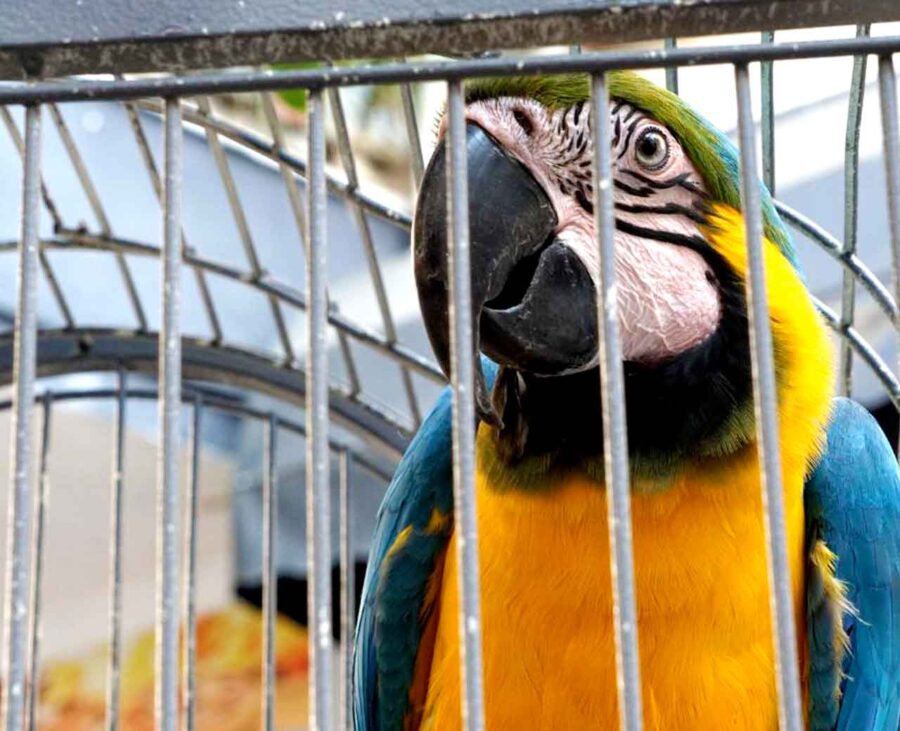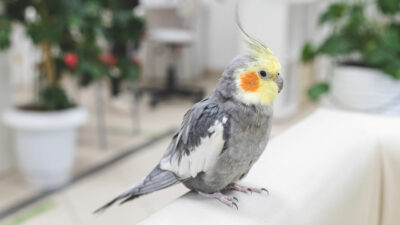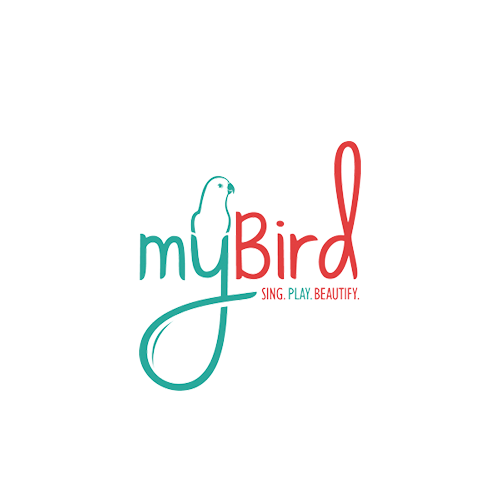
Protecting Your Feathered Friend: Preventing and Responding to Pet Bird Theft
For many bird owners, their feathered companions are more than pets—they’re beloved family members. But unfortunately, pet bird theft is a real and growing concern. Because exotic birds are valuable, intelligent, and often highly socialized, they can be attractive targets for thieves looking to sell them. The thought of a bird being stolen is heartbreaking, but by understanding the risks and taking proactive steps, you can help protect your companion.
Why Pet Birds Are Targeted
Pet bird theft may not be as widely discussed as dog or cat theft, but it happens more often than many owners realize. Some reasons that thieves target birds include:
High resale value
Species like macaws, African greys, cockatoos, and conures can sell for thousands of dollars.
Ease of transport
Birds are often smaller and quieter than other pets, making them easier to take unnoticed.
Demand for exotic pets
With growing interest in unique pets, birds can be sold quickly through illicit or unregulated channels.
How to Prevent Pet Bird Theft
While there’s no way to eliminate risk entirely, you can reduce the likelihood of theft with a few smart precautions:
Secure your home and aviary
Keep cages and aviaries locked, and don’t leave your bird outside unsupervised—even in a cage.
Limit public exposure
Be mindful of taking your bird outside in public spaces. Harnesses and backpacks are great for enrichment, but they could also draw unwanted attention.
Use microchipping or leg bands
These forms of identification can help prove ownership if your bird is found. Talk to your avian vet about the best option.
Avoid oversharing online
While it’s fun to share photos and videos of your bird, avoid posting details like your address, daily routines, or vacation plans.
Build a trusted support network
Let neighbors, friends, and family know about your bird so they can help keep an eye out for suspicious activity.
What to Do If Your Bird Is Stolen
If the unthinkable happens, acting quickly can make all the difference:
Contact local authorities
File a police report immediately. Provide photos, identifying details, and information about microchips or leg bands.
Alert your avian vet
If a thief attempts to sell your bird or bring them in for care, your vet will know to watch for it.
Spread the word
Share information and photos of your bird with local shelters, rescue groups, bird clubs, and lost-and-found pet sites.
Check online marketplaces
Unfortunately, stolen birds are often resold online. Search regularly and notify authorities if you find suspicious listings.
Use bird-specific recovery resources
Websites and Facebook groups dedicated to lost or stolen birds can help amplify your search and connect you with a wider network.
Keeping Your Bird Safe
Pet bird theft is a frightening possibility, but awareness is the first step to prevention. By taking simple security measures, staying vigilant, and knowing what to do if your bird is stolen, you can reduce the risks and be prepared to act quickly if necessary.
Your bird depends on you for safety and care—taking precautions now will help ensure that your feathered friend stays right where they belong: with you.




